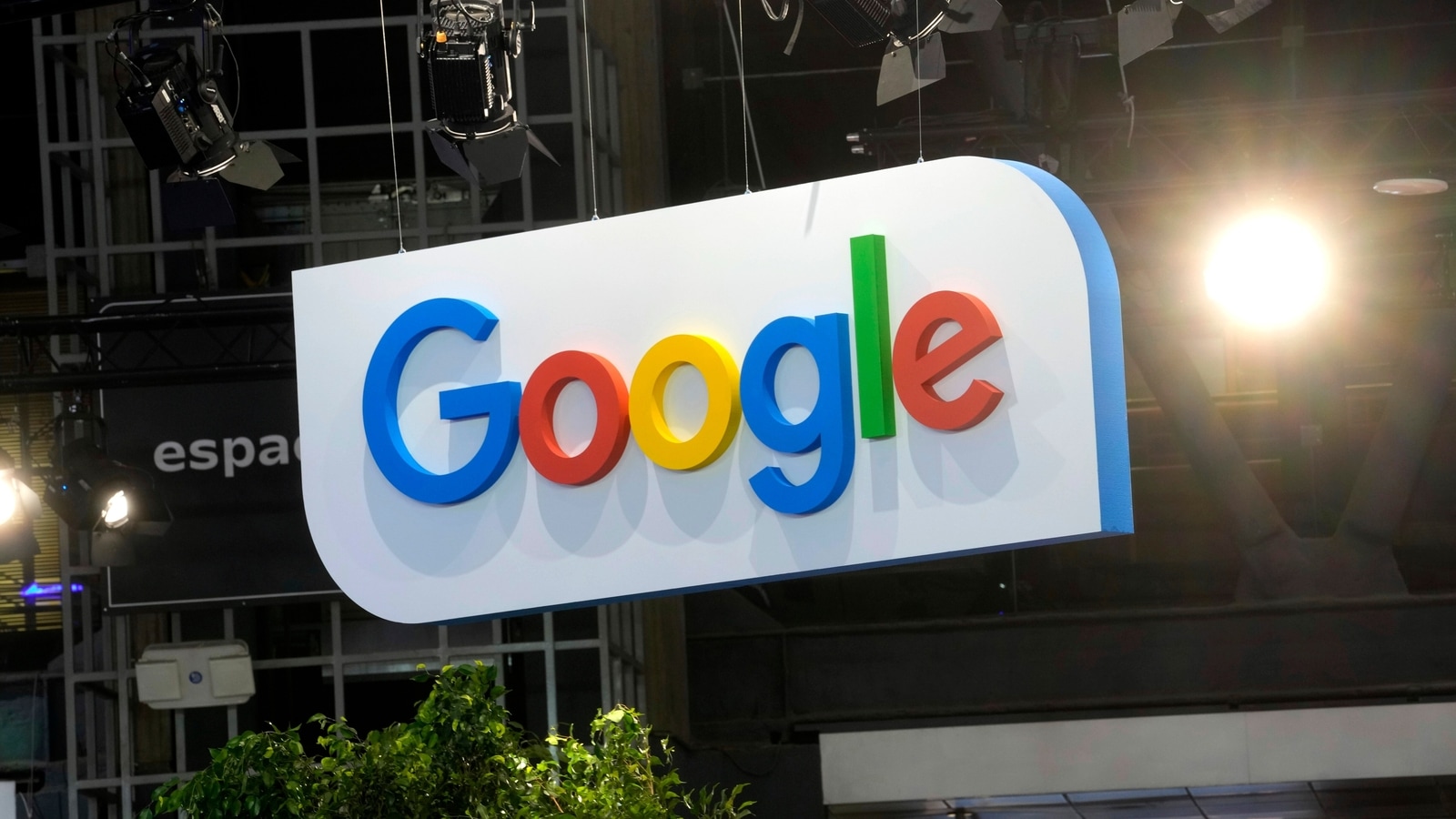Tech
AI boom makes European universities the new Harvard and Stanford for tech talent

The dramatic new-age tale of a college student striking gold on a billion-dollar idea not long after donning their graduation gown has been a very American dream for much of the 21st century.
While Europe lagged behind the tech boom, the founders of Google, Meta, and Microsoft, still reigning supreme, were starting their journeys out of sweaty college dorm rooms at Harvard and Stanford.
However, several exciting European startups are proving they won’t get left behind in the AI revolution, as more capital now flows through Paris than anywhere else on the continent.
According to Dealroom data analyzed by venture capital fund Accel, French AI startups are the most well-funded among their European and Israeli peers.
Companies like Mistral, Owkin, and Hugging Face have helped French AI startups amass $2.3 billion worth of capital to drive their burgeoning operations, more than their competitors in other European hubs like the U.K. and Germany.
The data confirms that universities in Paris are the source of France’s newfound tech muscle.
Parisian book smarts
Arthur Mensch, the 31-year-old CEO of AI unicorn Mistral, is perhaps the most exciting face of France’s burgeoning tech sector, overseeing the large language model group’s rapid rise to a $6 billion valuation.
But he started like most of his fellow French founders did—at a Parisian university.
Some 57% of French founders came from École Polytechnique, a science and engineering-focused college based in the south Parisian suburb of Palaiseau.
Mensch was one of them, studying applied mathematics and computer science at the university between 2011 and 2015.
The Mistral co-founder is also a former Google DeepMind employee. He’s in good company, with 11% of the founders analyzed by Accel starting at Google.
The Pierre et Marie Curie campus at Sorbonne Université and Telecom Paris are the other major universities in the capital where today’s founders cut their teeth.
Ecole Normale Supérieure, meanwhile, is where the tech protégés go to grow up. Some 29% of French founders gained work experience at the university, outpacing U.S. colleges Stanford and MIT and AI giants like Google and Facebook. Mistral’s Mensch gained his PhD at the university in Paris’s fifth arrondissement before moving on to Google.
The drive for AI capital is in vogue across Europe. While French startups receive the most funding, the U.K. has the most Gen AI startups out of the 221 identified by Dealroom.
Universities become founder factories
It wasn’t always the case that Europe’s universities were the birthplace of the founders of multibillion-dollar companies. Entrepreneurs have been wont to call out a cultural mismatch that means innovation rarely starts behind university walls on the east side of the Atlantic.
But things are changing thanks to the AI boom.
Accel Partner Harry Nelis has been investing in Europe’s tech ecosystem for two decades and says the landscape has “changed dramatically” in recent years.
He credits “founder factories,” in other words, startups creating new startups.
“In the very beginning, we would invest in entrepreneurs who would come out of large French companies, and they hadn’t done it before.
“As a result, they would have to reinvent the wheel a number of times,” Nelis says.
Now, Europe’s mature ecosystem is becoming home to several of these founder factories, the most significant being universities, alongside Meta’s establishment of its Fundamental AI Research (FAIR) hub in Paris in 2015.
Because AI is based on deep tech and foundation models, Nelis says it isn’t surprising that 38% of Europe’s founders held positions in academic institutions.
“That is really novel for the AI wave. That was not the situation for the E-commerce wave, for example, or the enterprise software wave; it’s something that is truly unique for AI,” he says.
However, there is a looming threat from France’s comparatively chaotic political wing.
President Emmanuel Macron called an election last week that could elevate the country’s far-left or far-right into power.
The news sent France’s stock market plummeting, allowing London’s exchange to reclaim its crown as the biggest in Europe.
That in itself is unsettling enough without remembering Macron’s pro-business stance.
The president has been at the forefront of a “Choose France” investment drive, which has allowed $16 billion of capital from tech titans like Microsoft and Amazon to flow into the country. A disrupted French political landscape could alter priorities.
Nelis, however, thinks not even a landmark shift to France’s ruling class could stop France’s hard-won AI supremacy.
“I think the AI wave will be so powerful in its own right that politics will really not matter much.”










